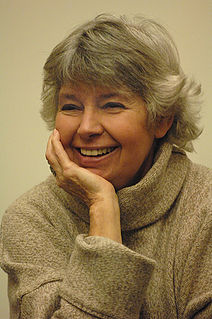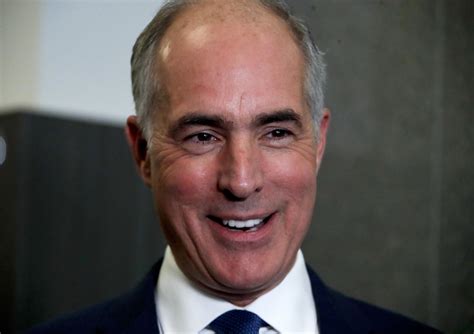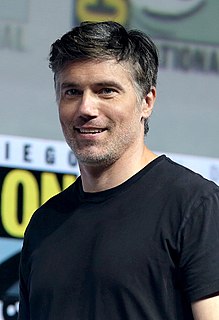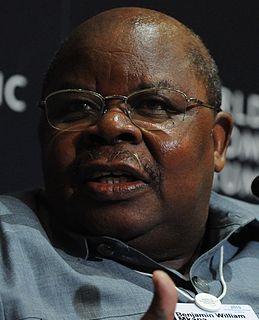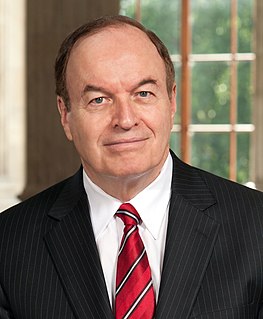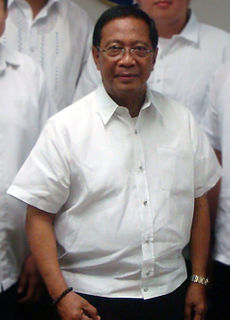A Quote by Letitia James
All of my life and particularly throughout of my public career, I have been talking about the feminization of poverty. And one of the manifestations of the feminization of poverty is the issue of pay inequality in our society.
Quote Topics
Related Quotes
There are some people who say that they?re concerned only with poverty but not inequality. But I don?t think that is a sustainable thought. A lot of poverty is, in fact, inequality because of the connection between income and capability?having adequate resources to take part in the life of the community.
The primary cause of disorder and lawlessness today, as throughout history, is the poverty of the many in contrast to the affluence of the few. But a new element of unrest has been added: a growing awareness that mass poverty is caused by defective institutions that prevent our harnessing the physical capabilities of science, engineering, management and labor to create general affluence; in other words, a growing awareness that poverty in any country that is or can be industrialized, is man's not nature's fault.
Poverty is a strange and elusive thing. ... I condemn poverty and I advocate it; poverty is simple and complex at once; it is a social phenomenon and a personal matter. Poverty is an elusive thing, and a paradoxical one. We need always to be thinking and writing about it, for if we are not among its victims its reality fades from us. We must talk about poverty because people insulated by their own comfort lose sight of it.
Poverty should be one of the top concerns for any elected leader. It has a negative effect on almost everything we as society entrust our government to do, but it seems that those in the Republican Party find it is more politically viable to fight a war on the people in poverty than it is to fight a war to end poverty in this country.

